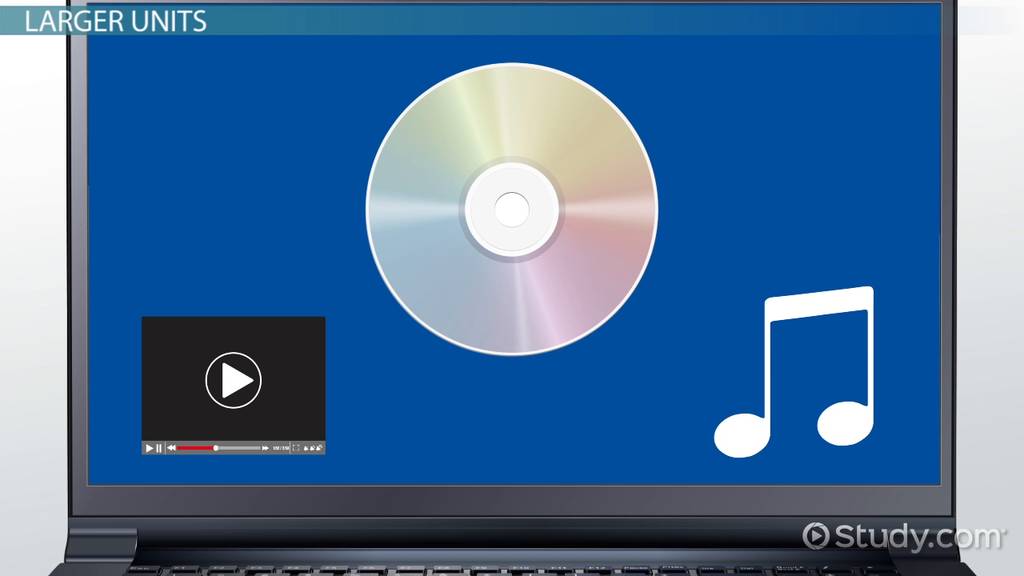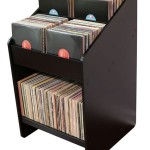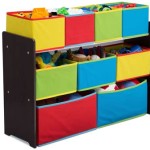Maximum Storage Device In Computer
Storage devices are essential components of any computer system, as they provide the means to store data and programs. There are many different types of storage devices available, each with its own unique characteristics. The maximum storage capacity of a storage device is one of the most important factors to consider when choosing a device, as it determines how much data the device can store.
The maximum storage capacity of a storage device is typically measured in gigabytes (GB) or terabytes (TB). A gigabyte is equal to 1,000,000,000 bytes, while a terabyte is equal to 1,000,000,000,000 bytes. The maximum storage capacity of a storage device will vary depending on the type of device and the manufacturer.
Here is a brief overview of the different types of storage devices and their maximum storage capacities:
- Hard disk drives (HDDs) are the most common type of storage device used in computers. HDDs use spinning disks to store data, and they are typically available in capacities ranging from 500GB to 10TB.
- Solid-state drives (SSDs) are a newer type of storage device that use flash memory to store data. SSDs are faster and more reliable than HDDs, but they are also more expensive. SSDs are typically available in capacities ranging from 128GB to 4TB.
- Optical disc drives (ODDs) use optical discs, such as CDs, DVDs, and Blu-ray discs, to store data. ODDs are typically used for storing large files, such as movies and music. The maximum storage capacity of an optical disc depends on the type of disc, but it can range from 700MB to 100GB.
- Cloud storage is a type of storage that is stored on remote servers. Cloud storage can be accessed from any device with an internet connection. The maximum storage capacity of cloud storage depends on the provider, but it can range from a few gigabytes to several terabytes.
When choosing a storage device, it is important to consider the maximum storage capacity of the device, as well as the other factors, such as speed, reliability, and cost. By considering all of these factors, you can choose the best storage device for your needs.
In addition to the maximum storage capacity, there are several other important factors to consider when choosing a storage device. These factors include:
- Speed: The speed of a storage device is measured in revolutions per minute (RPM) for HDDs and read/write speeds for SSDs. The higher the RPM or read/write speed, the faster the storage device will be.
- Reliability: The reliability of a storage device is measured in mean time between failures (MTBF). The higher the MTBF, the more reliable the storage device will be.
- Cost: The cost of a storage device will vary depending on the type of device, the capacity, and the speed. It is important to compare the prices of different storage devices before making a purchase.
By considering all of these factors, you can choose the best storage device for your needs.

Smallest To Largest Storage Capacity

High Capacity External Hard Disk Top 6 Best Disks For Your Data Storage Requirements The Economic Times

Computer Data Storage Devices Revealing

External And Internal Hard Disks For Maximum Storage

Maximum Storage Density With Toshiba Hard Drives Starline Computer Und Server Lösungen Von Erfahrenen Experten

Data Storage Units Kilobytes Megabytes Gigabytes Terabytes Lesson Study Com

Memory Storage Timeline Of Computer History Museum

Hard Disk Drive Wikipedia

Memory Storage Timeline Of Computer History Museum

Data Storage Units Kilobytes Megabytes Gigabytes Terabytes
Related Posts








